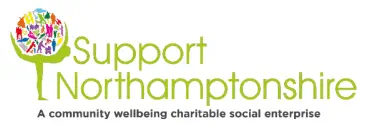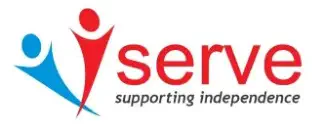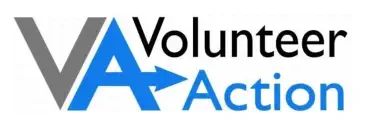About NN Aspire
Aspire NN is a partnership organisation made up of a collaboration of six charities and social enterprises in North Northamptonshire. Set up in 2025, the organisation is funded by North Northamptonshire Council (NNC) and is set to run for an initial three year term prior to review.
Groundwork Northamptonshire are the lead provider who work alongside five other organisations who bring a wealth of knowledge and experience to provide infrastructure advice and knowledge to the voluntary, community and social enterprise (VCSE) sector across North Northamptonshire.

Groundwork Northamptonshire
Committed to breathing new life into our community by giving everyone access to green spaces, culture and creativity, and enabling everyone to experience new things, make new friends and overcome challenges. It’s not about existing, it’s about thriving. Believe in More.

Support North Northants
Providers of direct support for vulnerable people, enabling asset-based community-led social action and supporting organisations to collaborate.

Serve
An award winning Northamptonshire charity offering care services to support you and your loved ones
Our vision is a compassionate community that fully respects the rights of older people and people with disabilities and where age and differing abilities are not barriers to opportunity, fulfilment and dignity.
Our mission is to help adults who require support services to maintain their independence on a daily basis

Volunteer Action
Volunteer Action aims to maintain the independence and improve the quality of life for people aged 65 and over and those registered disabled within the East North Northamptonshire community. The emphasis is on making a positive difference for those in the local community, highlighting the importance of volunteering to improve the lives of rurally-isolated people. The Charity offers a Community Car Scheme, a Befriending Scheme and other Services tailored to local residents’ needs, helping these individuals to live more independently and with a better quality of life.

North Northants Social Enterprise Network
A group dedicated to connecting, supporting, and promoting social enterprises in the North Northamptonshire area. It aims to foster a thriving environment for these businesses, which prioritize social or environmental good alongside commercial success. The network provides resources, events, and opportunities for social enterprises to collaborate and grow.

Northamptonshire ACRE
Northamptonshire ACRE (Action with Communities in Rural England), is a countywide, independent charitable organisation working with rural communities in Northamptonshire to improve their quality of life, especially for those who are disadvantaged by their rurality. For over 75 years they have been supporting rural communities in the county. The focus is and always has been on community development and engagement including helping groups to access funds for projects.
Aspire NN Co-Managers
The co-managers each have a particular focus on two geographical areas of North Northants and work to support VCSEs of all types, from volunteer led community groups to companies limited by guarantee, from CICs to CIOs to charitable trusts.
The Co-Managers offer regular spaces for VCSE organisations to gather together for peer support, learning, collaboration and networking, as well training workshops, advocacy and funding support. They spend their time in-between working on a one-to-one basis with individual organisations. Please get in touch with any enquiries.

Louise Armitt
Co-Manager Wellingborough & East Northants
Including: Rushden, Finedon, Irthlingborough, Irchester, Earls Barton, Bozeat, Wollaston, Thrapston & villages, Oundle & villages
Working Hours:
Mon-Fri 9am - 3pm
lou.armitt@aspirenn.org.uk
07802 433771

Amy McAfee
Co-Manager Kettering & Corby
Including: Desborough, Rothwell, Barton Seagrave, Burton Latimer, Warkton, Rockingham & Cottingham
Working Hours:
Mon-Fri 9.30am - 4pm
amy.mcafee@aspirenn.org.uk
07703 720652
Impact and Performance Officer
The impact and Performance Officer is responsible for monitoring the work of the Aspire team in order to maintain our accountability to the sector. They are building a picture of the sector and the challenges it is facing in order to tailor the support we offer and understanding the equity of the sector to create opportunities for development.

Jess Sanderson
Aspire NN Impact and Performance Officer
Including: Rushden, Finedon, Irthlingborough, Irchester, Earls Barton, Bozeat, Wollaston, Thrapston & villages, Oundle & villages
Working Hours:
9am -5pm, Tuesday to Friday
jess.sanderson@aspirenn.org.uk
07802 433776
